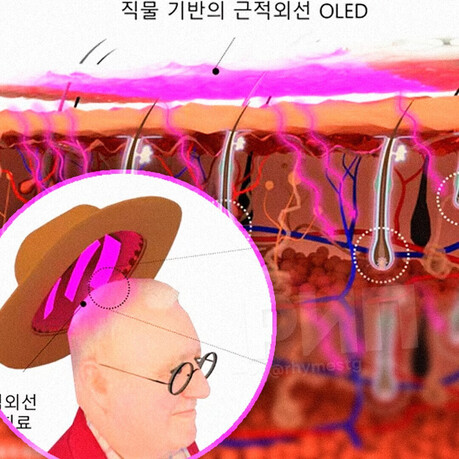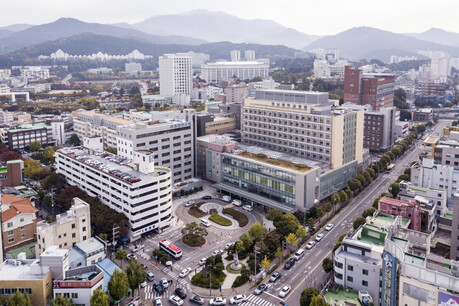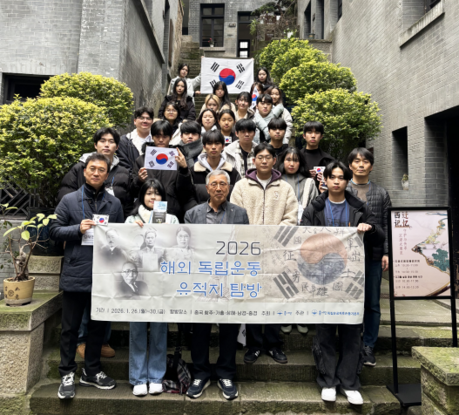
Seoul, South Korea - South Korea is once again facing a tragic and sobering reality: for the 22nd consecutive year, the nation holds the highest suicide rate among all OECD countries. A recent government report reveals that an average of 40 people per day took their own lives last year, a stark statistic that underscores a deep-seated and persistent public health crisis.
According to data from the Ministry of Health and Welfare, a total of 14,439 people died by suicide in the past year, bringing the suicide rate to 28.3 deaths per 100,000 people. This number represents a troubling increase since the COVID-19 pandemic, reversing a previous downward trend. This suicide rate is a staggering 2.3 times higher than the OECD average of 10.6.
The government held its 9th Suicide Prevention Policy Committee meeting, chaired by Prime Minister Kim Min-seok, to analyze the trends and announce a national suicide prevention strategy. The data presented at the meeting paints a grim picture of the complex factors driving this crisis.
A History of Spikes Tied to Economic Crises
The report notes that suicide rates in Korea have historically surged during periods of significant national hardship. For example, during the 1998 IMF financial crisis, the rate jumped from 13.2 to 18.6. Similarly, the 2003 "credit card crisis" saw a notable increase, and the 2011 global financial crisis pushed the rate to an all-time high of 31.7. While the rate had dipped to 25.7 in 2020, the recent rise to 28.3 suggests a renewed and urgent concern.
Comparisons with other nations of similar economic standing are particularly telling. Canada, with the 9th largest GDP, ranks 23rd in suicide rates. Spain, 12th in GDP, ranks 29th. Australia and Mexico, with GDP rankings of 14th and 15th respectively, also have significantly lower suicide rates than South Korea. This discrepancy highlights that economic prosperity alone does not equate to mental well-being. Lithuania, which ranks second behind Korea, still has a rate (17.1) that is 11.2 points lower.
Suicide Disparities Among Age Groups and Genders
The crisis is not limited to one demographic. The suicide rate among teenagers (aged 10-19) reached an all-time high of 7.9, with a recent survey showing that 27.7% of middle and high school students experienced feelings of depression in the past year.
The elderly population remains exceptionally vulnerable, with the suicide rate for those aged 65 and over at a high 40.6. While younger generations (24.4) and middle-aged adults (32.0) are also seeing rising rates, driven by a combination of unemployment, financial stress, and social isolation.
In terms of age distribution, people in their 50s accounted for the largest percentage of suicide deaths (20%), followed by those in their 40s (18.0%) and 60s (16.4%). When looking at the suicide rate itself, however, the highest rates were found in those aged 80 and over (59.4), followed by those in their 70s (39.0), indicating the immense pressure on the elderly.
A significant gender gap also exists. Men accounted for 9,747 suicide deaths, more than twice the number of women (4,231). Conversely, women made up a larger proportion of suicide attempts (24,719) compared to men (14,685), suggesting that men may use more lethal means.
Root Causes: A Complex Web of Stressors
The report delves into the primary stressors that lead individuals to suicide. The average person who died by suicide experienced a complex combination of 4.3 different stressors. Mental health issues were the most frequently cited factor (86%), followed by family problems (62%), economic issues (61%), and work-related stress (59%).
Specifically, mental and emotional factors included psychological instability, stress, trauma, bipolar disorder, and other psychiatric illnesses. A study by Samsung Medical Center found that the risk of suicide was 6.1 times higher in individuals with bipolar disorder and 5.9 times higher in those with schizophrenia compared to healthy adults.
Economic factors such as bankruptcy, skyrocketing debt, and job instability were also major contributors. A 2023 survey on suicide found that 44.8% of those who had contemplated suicide cited financial hardship as a reason.
Physical and social stressors also play a role, including chronic illnesses, disabilities, accidents, family discord, workplace harassment, and relationship issues.
The Ripple Effect: Suicide Contagion and Social Stigma
The article highlights the devastating ripple effect of suicide, a phenomenon known as "suicide contagion." Suicide loss survivors, in addition to dealing with grief and loss, often experience feelings of guilt, social stigma, and isolation. The report noted that survivors are at a 22 times higher risk of dying by suicide themselves.
The article also cites a study showing that celebrity suicides can lead to a 25.9% increase in suicide deaths in the month following the event, a grim testament to the power of imitative behavior. This finding emphasizes the critical need for responsible reporting and public discussion of suicide.
The ongoing struggle with suicide in Korea demands a multi-faceted and compassionate approach. From enhancing mental health services to addressing economic inequality and social isolation, the road to reducing these tragic numbers will require a collective national effort.
[Copyright (c) Global Economic Times. All Rights Reserved.]






























